
Getty
As Match Day, March 19, 2021 rolled around, the National Resident Matching Program (NRMP) reported this year’s Match was the largest in history. 38,106 positions were offered and a record high of 5,915 programs partook in the occasion reaching a growth number of 16.7% after five years. This growth was realized a year after the pandemic amid a season that has challenged the health sector also disrupting clinical rotations and testing and creating major changes in the residency application process. However, registering applicant did not waver, the 2021 Main Residency Match reached a high of 48,700 registered applicants with the largest single-year bump in recorded history—an 8.3% rise since 2020—along with 95% of the 35,194 first-year positions being filled.
Amid these moving developments, the pandemic that has concurrently occurred has continued to illuminate disparities that exist among populations of color grappling with navigating its effects. As early research during the pandemic has conveyed, the Covid-19 virus has disproportionately affected Black and Brown communities. And since the vaccine has been created these populations have continued to feel skepticism when asked their thoughts on receiving the vaccination. Much of this skepticism coming from the history of unethical medical practices on Black and Brown communities that have resulted in large segments of this population distrusting the medical system.
Meanwhile, as this skepticism persists, women of color medical students and graduates have aimed to address the inequities from within the system as they embark on joining the medical field for residency. Twenty women that have matched across the country share their experiences and thoughts on their medical journeys during this season.
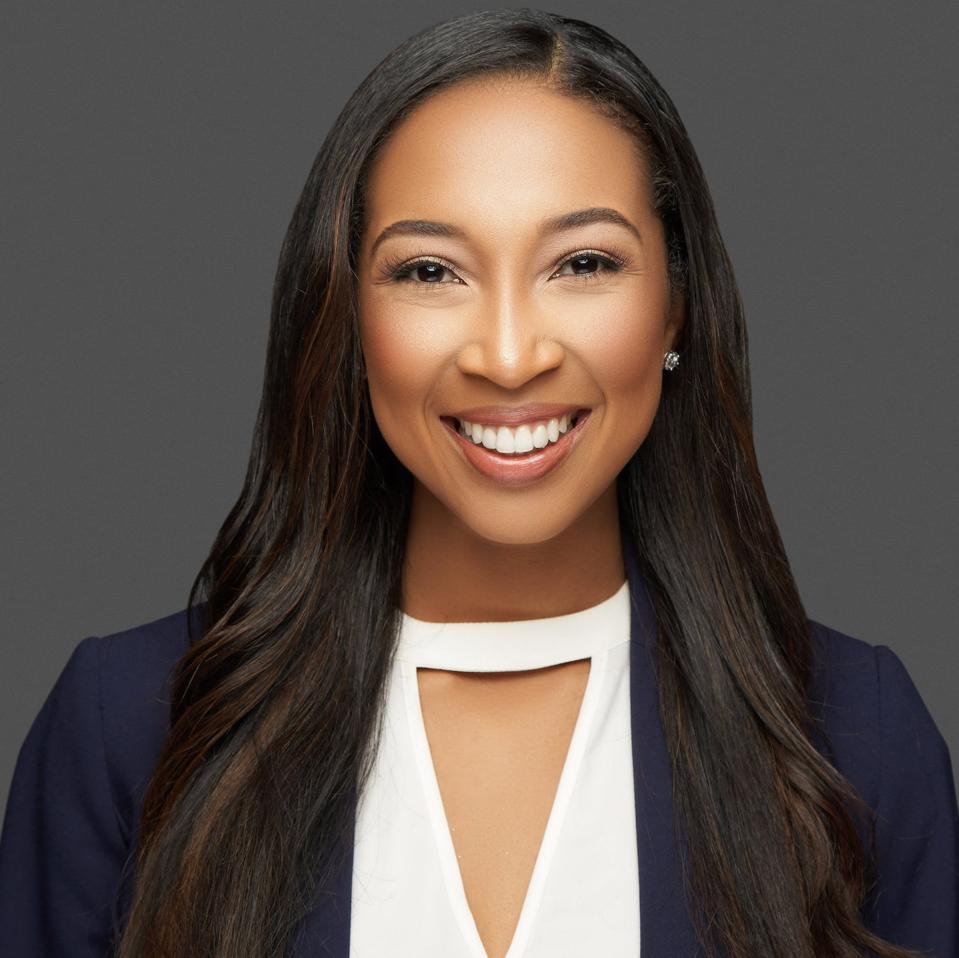
Victoria Humphrey, Dermatology
Courtesy of Victoria Humphrey
Specialty: Dermatology
Residency: Harvard University
Victoria Humphrey recounts a time where her mother whispered: “Victoria, there’s something I need to tell you.” Within seconds of hearing this her life changed. Not only did her her parents divorce in 2006, she hadn’t imagined loosing her father so suddenly years later in 2015. Given this experience, Humphrey describes medicine as a force: “providing a glimpse into the circle of life.” She shares that it as being a great honor to be intimately involved in the care that can transform another human being’s life. For this reason, and her childhood experience receiving a delayed Kawasaki disease diagnosis because of a rash appearance on her skin that didn’t align precisely with textbook images, she is passionate about medicine. The soon-to-be-doctor looks forward to blending her mass media and communication background (from pageantry), with a passion for medicine while being guided by the values of equality, diversity, and social justice. Humphrey aims to reduce the disparities in dermatologic access and treatment, advocate for increased diversity within the field, and work with medically underserved communities.
When asked about the pandemic’s impact on her experiences she shares: “to be frank we’re battling two pandemics, COVID-19 and racism. Given the overt devaluation of Black and BIPOC skin, lives and bodies in our nation, diversity and representation in health care is more important than ever. I’m passionate about increasing ethnic diversity within the house of medicine and I’m eager to continue spearheading advocacy initiatives and creating innovative programming to achieve this goal as a physician and dermatologist.”
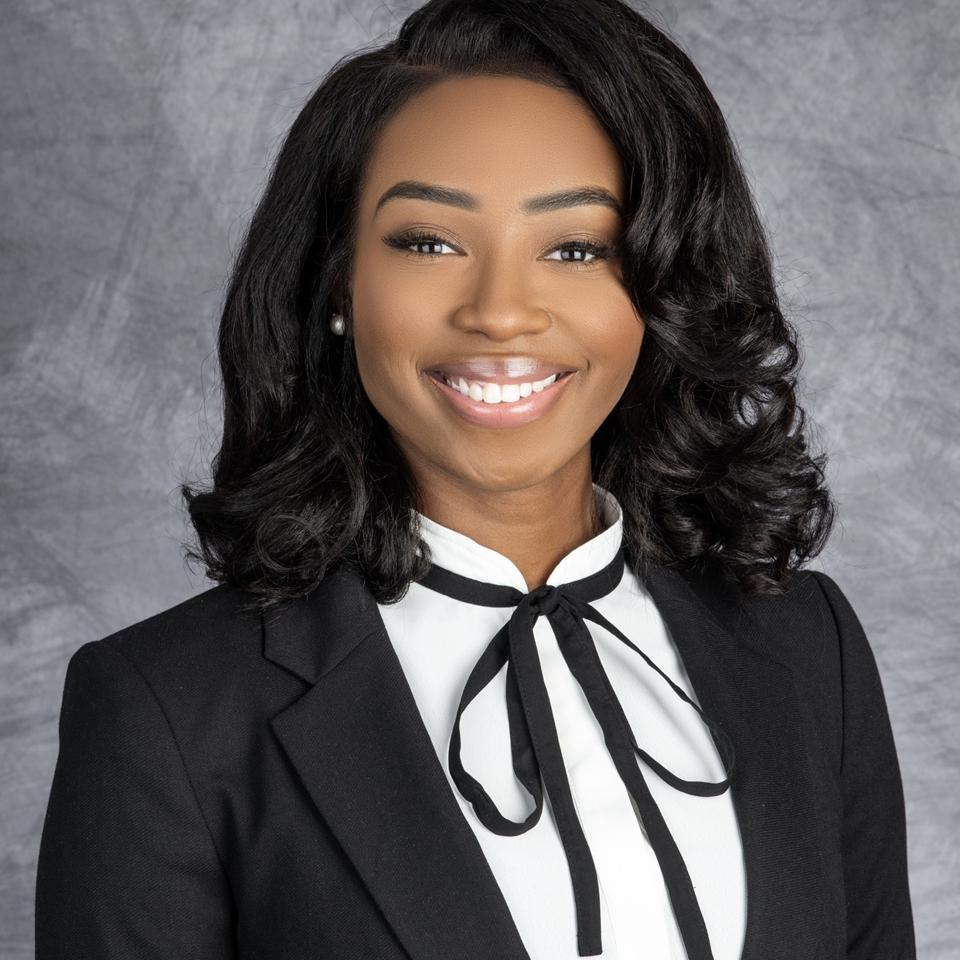
Michelle Adibe, Internal Medicine
Courtesy of Michelle Adibe
Specialty: Internal Medicine
Residency: North Collier Hospital – Naples
Michelle Adibe shares that her mother raised her and three older siblings by herself after the tragic killing of her father. However, when her mother fell ill in 1997, Adibe and family were forced into governmental aid, which included Medicaid. She recounts seeing her mother beg to be taken seriously with her symptom and her complaints be tossed to the waste side. Adibe couldn’t believe that because their family did not have the fiscal resources that their healthcare would be as she describes: “subpar.” This led her to the world of medicine as she could not bear witness another lower income family experience what she had.
Adibe’s medical journey is one she describes as being very “non-traditional.” She took a four-year gap between undergrad and medical school, then failed her MCAT three times, and was rejected by every medical school she applied to twice. Since she was passionate about becoming a physician she packed two suitcases and moved to Grenada to attend St. George’s University. After seeing her family twice a year and putting in many study days she describes her journey as being “long… Oh so long.” But she made it. And when asked about her thoughts on the pandemic’s impact during this time, she shares that: “with Internal Medicine physicians being at the frontlines managing Covid patients, representation during this time is pivotal to the improvement of health outcomes in disparaged communities.” She looks forward to contributing to the field.
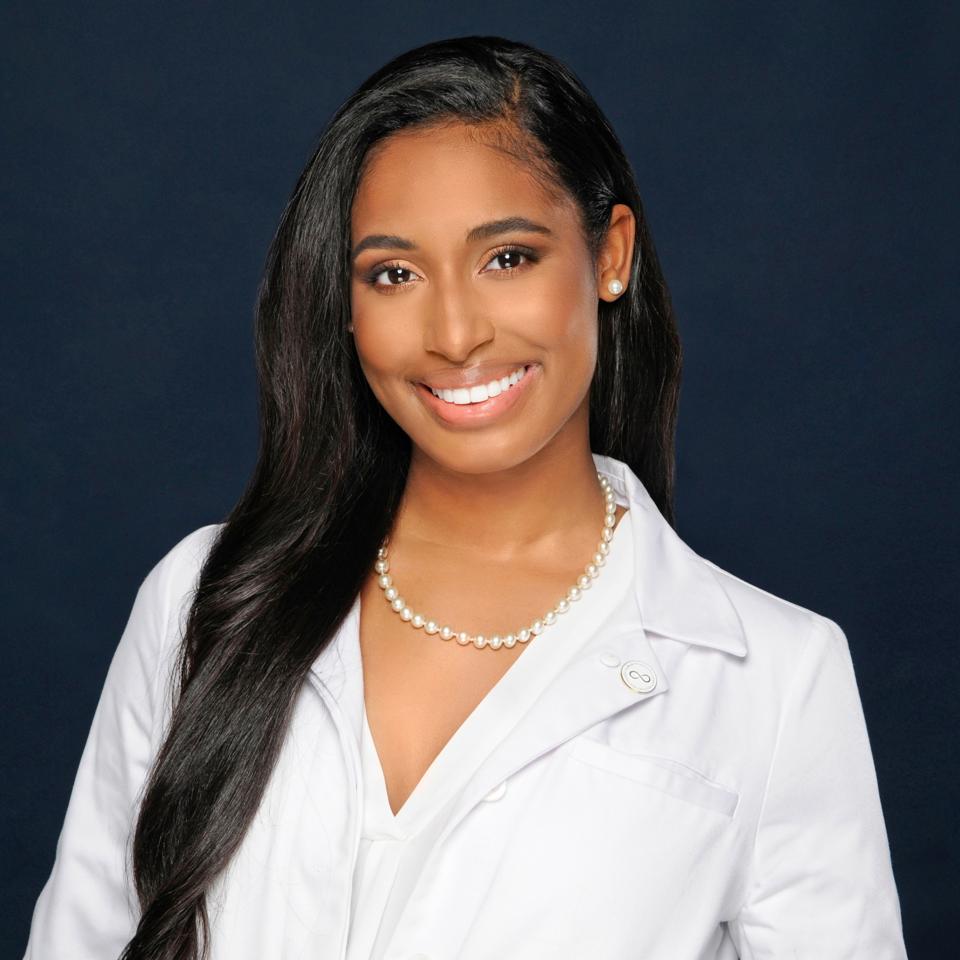
Lashea Monet Johnson, Internal Medicine
Courtesy of Lashea Monet Johnson
Specialty: Internal Medicine
Residency: Florida Atlantic University
Lashea Monet Johnson was inspired to pursue a career in medicine as a first-generation American due to her belief in providing equal access to a quality healthcare and resources. She recounts that the hands on clinical experience she has gained over the course of her career have also inspired her to offer exceptional care and exemplify empathy with each and every patient encounter.
Johnson describes the pandemic having: “further strengthened everyone’s view on the importance of healthcare and healthcare workers in each and every regard.” It has curated the motivation for her to pursue a fellowship in infectious disease after successful completion of residency. In the future, she hopes to aid in prevention and treatment of variant COVID-19 strains.
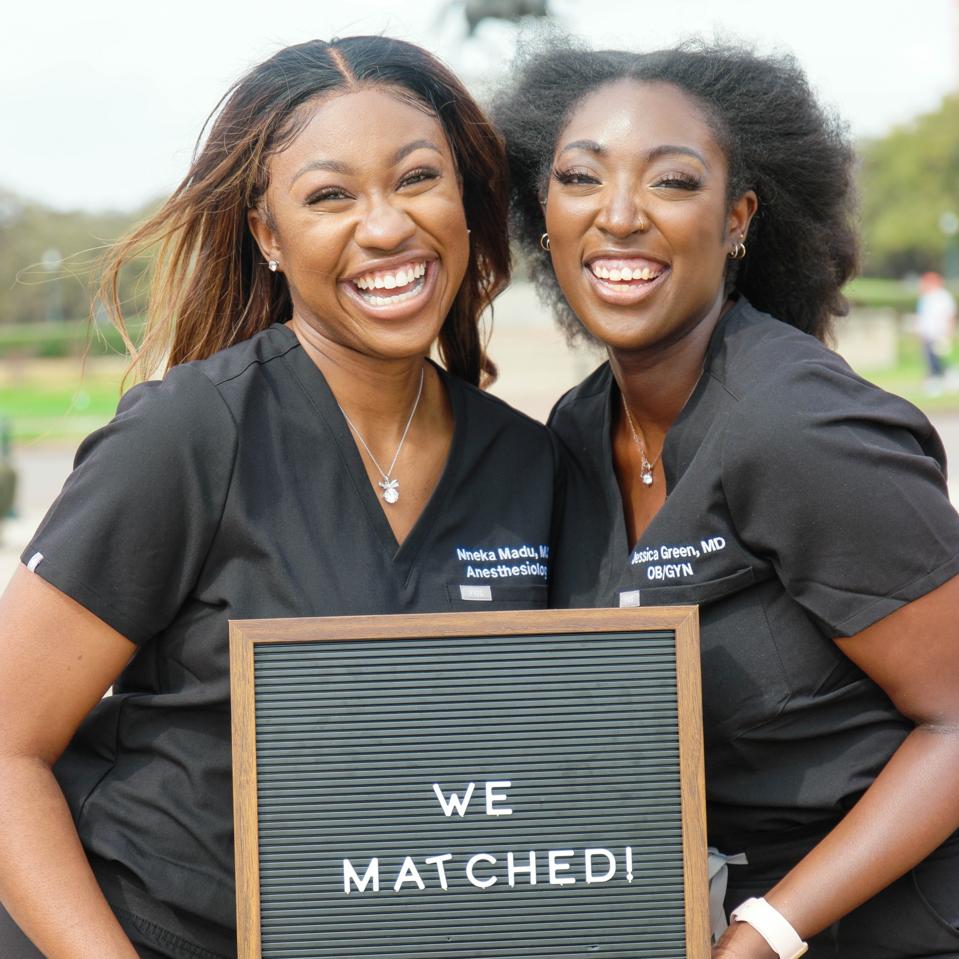
Nneka Madu, Anesthesiology, and Jessica Green, Obstetrics and Gynecology
Courtesy of Nneka Madu and Jessica Green
Specialty: Nneka Madu – Anesthesiology; Jessica Green- Obstetrics and Gynecology (OB/Gyn)
Residency: Nneka Madu – University of Texas Houston; Jessica Green – University of South California
Nneka Madu and Jessica Green recount wanting to provide representation for underrepresented minority students interested in STEM and help eliminate the health disparities that disproportionately affect people of color. They have been able to accomplish both goals by becoming the first physicians in their families and establishing a virtual mentorship platform under the moniker ‘The Chocolate Docs’ on social media. There, they provide resources and tips to increase the success of more students during their journeys to becoming physicians.
Madu and Green describe their personal journeys to becoming doctors as not being easy but immensely rewarding. “Throughout our time in medical school, we have constantly dealt with impostor syndrome and self-doubt. However, we have continued to lean on each other, our fellow classmates and our families for unwavering support. Without our solid foundation, surviving medical school would have been impossible,” the soon-to-be doctors share. As a future anesthesiologist and OB/Gyn, Madu and Green describe understanding that they will soon be on the front lines where they hope to deliver the highest quality care for their patients.

Aaliyah C. Riccardi, Otolaryngology Head and Neck Surgery (ENT)
Courtesy of Aaliyah C. Riccardi
Specialty: Otolaryngology Head & Neck Surgery (ENT)
Residency: University of Pittsburgh Medical Center
Aaliyah C. Riccardi describes being inspired to pursue medicine while sitting with her mother at the reception window where she worked as medical assistant. “The transformative effect the physicians had on patients with thorough care and compassion inspired me,” she shares. Quickly, she realized the lack of diversity in medicine and the negative impact it had on patients and knew she wanted to “be the change.” In her first exposure to Otolaryngology she recalled the surgeon’s dexterity and the gratitude expressed by the patient as serving to solidify her future plans to become a surgeon. During a gap year, Riccardi describes also discovering: “Otolaryngology to be a notoriously competitive field and the least diverse with only .6% Black practicing ENTs.” Unlike her interactions with premedical advisors, she was met with disdain from those in the field who she thought would be sources of support. This led Riccardi to take initiative to surround herself with more supportive colleagues.
Currently, due to the anatomy and procedures in ENT, Riccardi shares that Otolaryngologists are especially at risk for contracting the virus. “Seeing the shear bravery of my mentors as they continued to provide excellent patient care was incredibly inspiring. I cannot wait to join the ranks of these exceptional physicians,” says the soon-to-be doctor. In addition, mentoring has brought her a deep sense of fulfillment and with Covid having changed the methods of this, she is looking forward continuing to uplift those coming up in the field after her via social media and virtual meet ups.
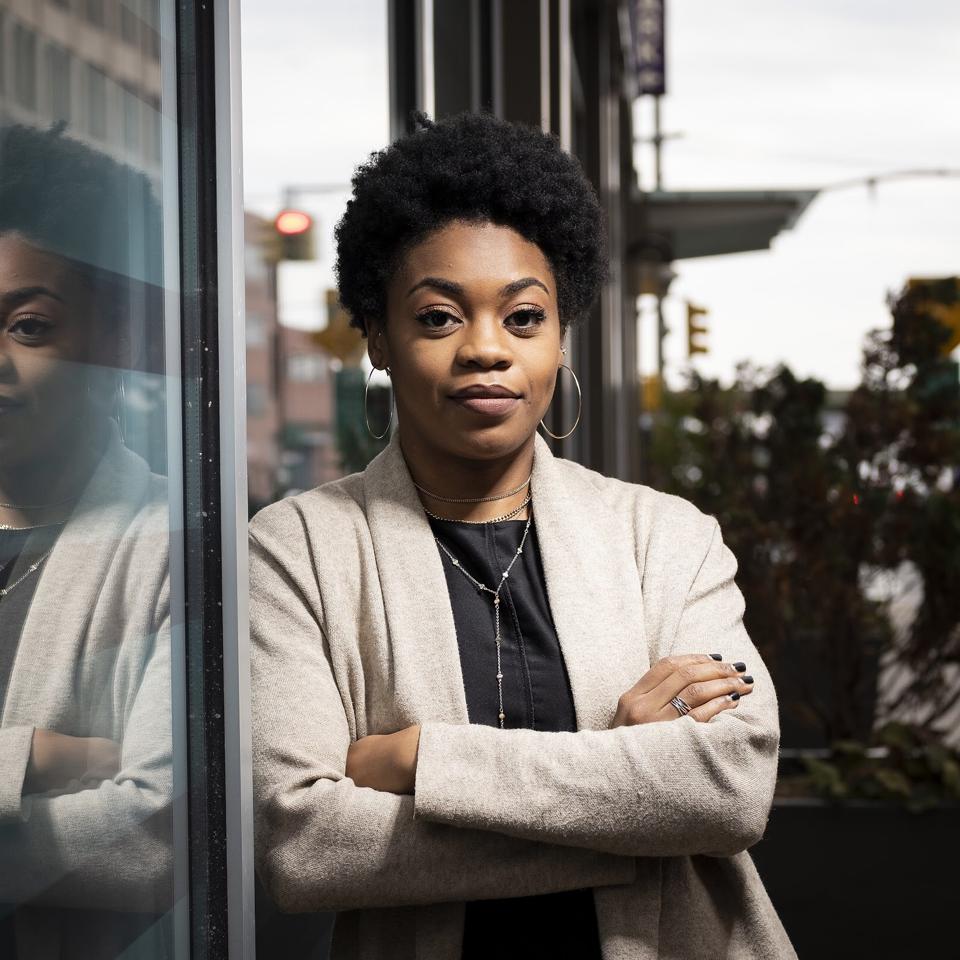
Kamali Thompson, Orthopedic Surgery
Courtesy of Kamali Thompson
Specialty: Orthopedic Surgery
Residency: Temple University
Kamali Thompson describes having dreams of becoming a physician since she was five years old. She originally wanted to become a pediatrician, because she was passionate about children understanding the importance of leading healthy lifestyles. However, by the time Thompson entered medical school, she was a fencer for Team USA and her attention shifted to sports medicine. She describes having never imagined she would go into surgery but falling in love after seeing her first orthopedic surgery. She enjoyed the idea of being able to administer care to an injured patient and helping them return to a sense of normalcy.
Thompson expresses that her journey was far from traditional because of her pursuit of the 2016 and 2021 U.S. Olympic teams during medical school. Also, during medical school she obtained an MBA, did extensive research into orthopedic surgery, and traveled to 22 countries representing team USA. The biggest lesson this has taught her is: “go after your dreams, no matter how large, and stop worrying about the timeline others or society may place on you.” With Covid-19 disproportionately affecting minority patients, she believes it is evident racial disparities still exist in medicine and finds the presence of Black doctors important now more then ever. “I could not be more excited to enter a speciality with only 100 African- American women in the entire country,” Thomson shares. In addition to caring for patients, a career goal for her is to help more underrepresented minorities enter the medical field.
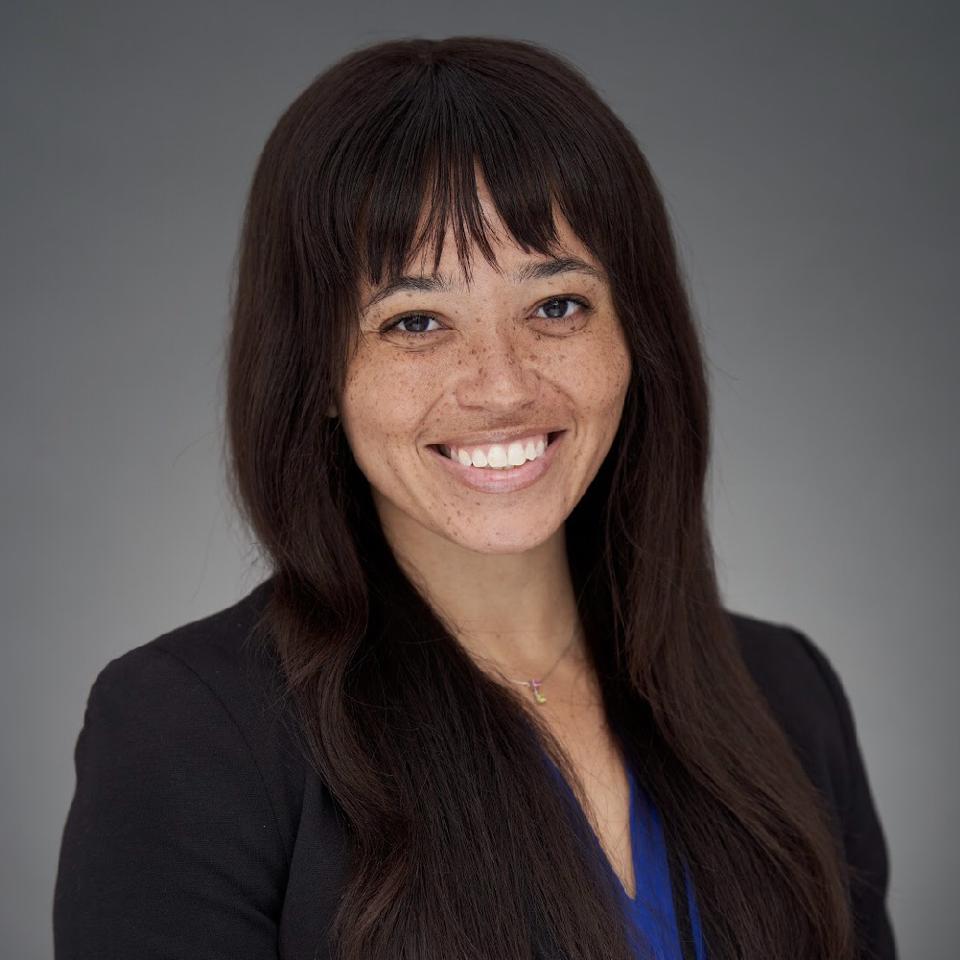
Erin Adams, General Surgery
Courtesy of Erin Adams
Specialty: General Surgery
Residency: University of Texas at Southwestern (UTSW)
Erin Adams grew up in Los Angeles, California and describes being acutely aware at a young age that the location you lived in determined so much about your life including your education, health, and wealth. She knew that she wanted to combat this. She was also inspired to further explore a career in medicine with a focus on General Surgery due to her interest in health policy and trauma surgery and fascination with the ability to tangibly change the lives of patients in the operating room. During her journey, Adams describes herself as being a non-traditional applicant, matriculating into medical school six years after graduating from Columbia University. When she joined Howard University’s Medical School she expresses that it was the best decision she made as she felt throughout her journey she was constantly affirmed by her community and able to hone her leadership skills.
Adams believes that the pandemic has changed everyone’s perspective. She recounts the following: “As I entered a General Surgery residency, I saw many elective cases being cancelled or delayed and I have been thinking about pursuing a fellowship verses being a true general surgeon. The pandemic has forced medical professionals to have these hard conversations earlier in their careers, which is not necessarily a bad thing.” This has fueled her to continuously evolve as she progresses on this journey.
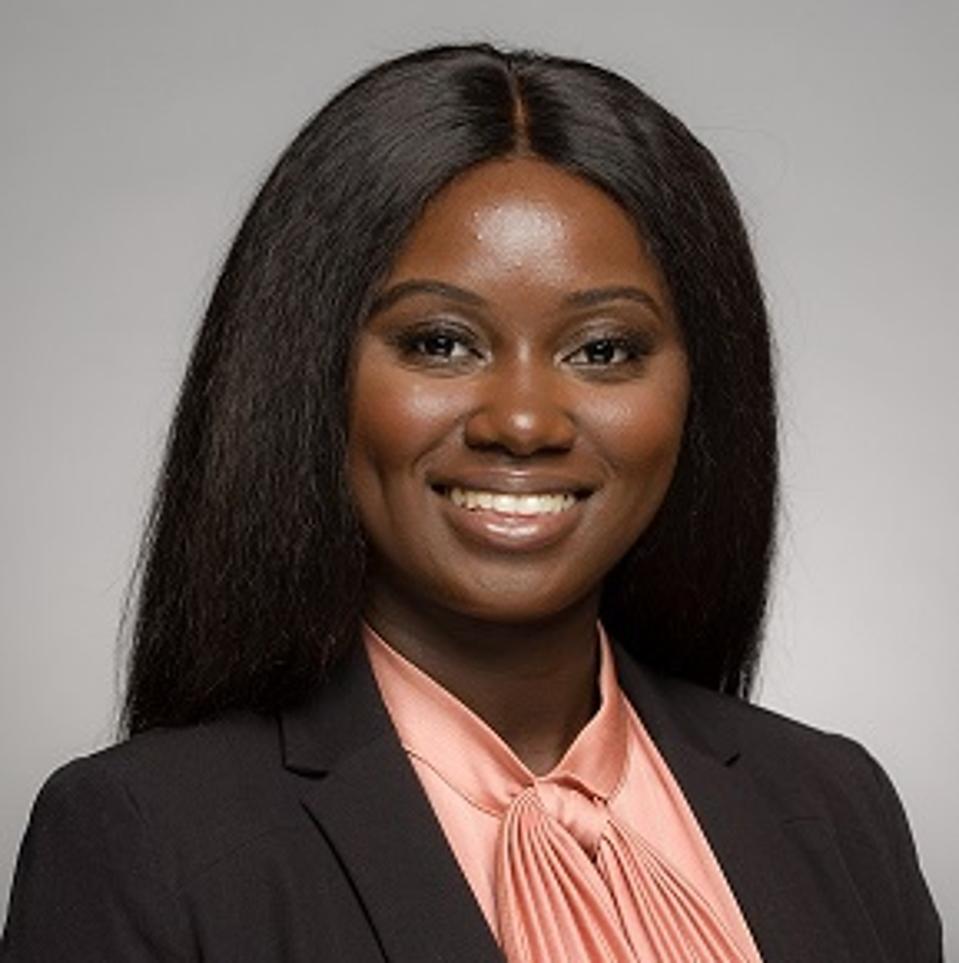
Ayomide Adeleye, Emergency Medicine
Joel Wintermantle, Photographer
Specialty: Emergency Medicine
Residency: Baylor College of Medicine
Ayomide Adeleye shares that she decided to pursue medicine due to her love of biology and learning about the human body. However, on a trip to her home country, Nigeria, she discovered a deeper value that inspired her pursuit of becoming a doctor: “the sharp contrast that exists between the haves and the have nots.” Although brief, her personal experience within the health care system in Nigeria taught her an essential lesson on the road to becoming an advocate: “health disparities are impacted by the social determinants that house them.” Following this discovery, she would encounter a steep learning curve as she embarked on a career in medicine. Her undergrad career was not strongly pre-med and during that time a counselor advised her that her chances of getting into medical school were slim to none. Although being discouraged, she reached out to others for advice and explored a post-baccalaureate program where she learned more about the medical school process.
After various experiences, today she is excited to be embarking on a career in the field of Emergency Medicine. “Emergency Medicine doctors have shown that they are truly on the frontline. Many have risen to the challenge despite having their own families & health concerns,” Adeleye shares. Additionally, she describes have been disturbed by the conspiracy theories that prove that the healthcare system needs to re-engage the communities they serve. She has felt there is much distrust, especially among Black & people of color who have historically been disenfranchised. Adeleye hopes to contribute to these populations’ education and empowerment.
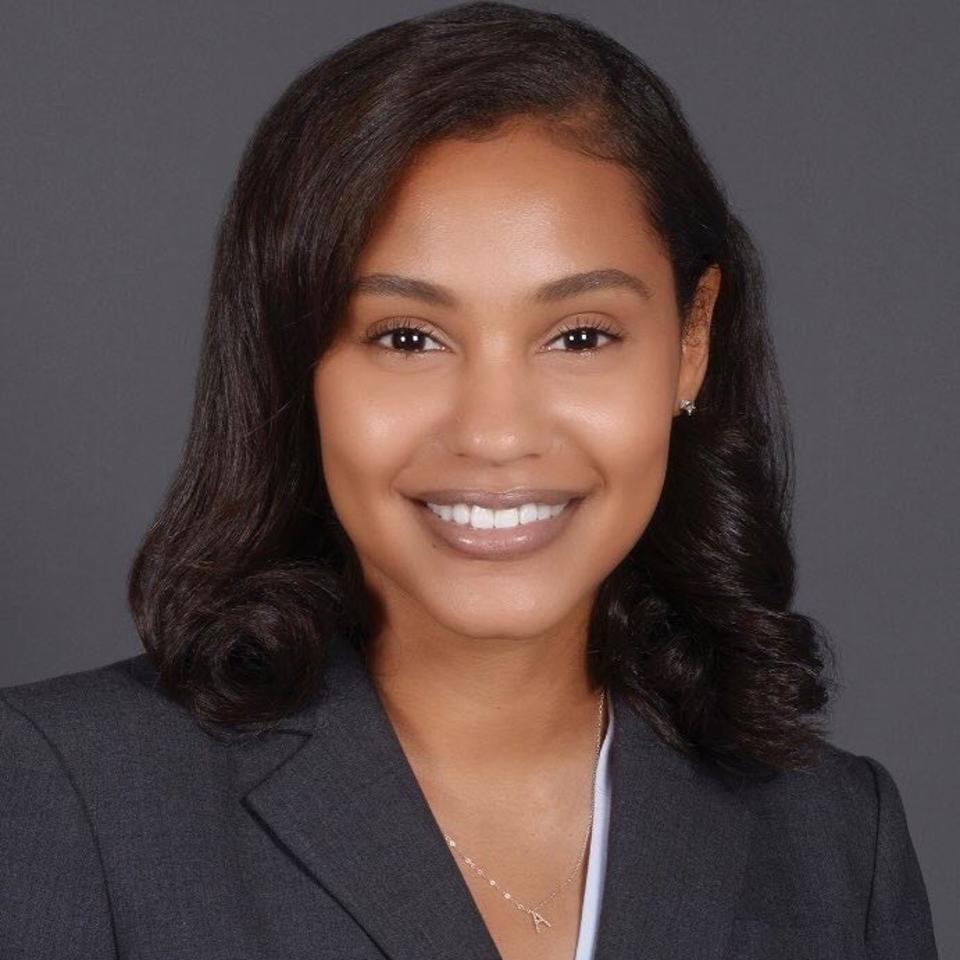
Ayana K. Cole-Price, Plastic & Reconstructive Surgery
Courtesy of Ayana K. Cole-Price
Specialty: Plastic & Reconstructive Surgery
Residency: University of Michigan
Ayana K. Cole-Price describes having grown up with her mom, a single parent, who enrolled her in service activities to teach her the importance of giving back to her community. Then in high school, she was inspired to become a physician due to her interest in combining a love for science with a passion for service. She recalls discovering there were very few Black physicians in medicine and wanting to change that. “As a medical student in my fourth year, I’ve seen the sigh of relief my Black & Brown patients have when I enter their room. And as an advocate for diversity & mentorship, I believe physicians should reflect the population they serve,” Cole-Price shares. After graduating Summa Cum Laude in 2017 from The Sophie Davis School of Biomedical Education, a 7-year BS/MD program at The City College of New York, she fell in love with plastic & reconstructive surgery at New York University. “It was the one specialty that so beautifully encompassed critical thinking, teamwork, creativity & service,” says the soon-to-be doctor who this year will receive her MD & Masters in Clinical Investigation.
When commenting on the current field today, Cole-Price shares that: “we’ve been battling two pandemics that have visibly taken a toll on our communities: Covid-19 & racism. Now more than ever we need to remain steadfast in our efforts to diversify medicine and increase the number of minority physicians that can serve our communities.” As a Black woman in medicine, she describes being no stranger to adversity and the imposter syndrome. She aims to continue local work through an organization she and colleagues created called Empower My Hood, Inc. & serve as a mentor for the next generation of underrepresented medical physician leaders & innovators. “I will always lift as I climb. My family, friends, community and ancestors all prayed for this moment. To my mentees and future docs: You belong, keep pushing,” she shares.
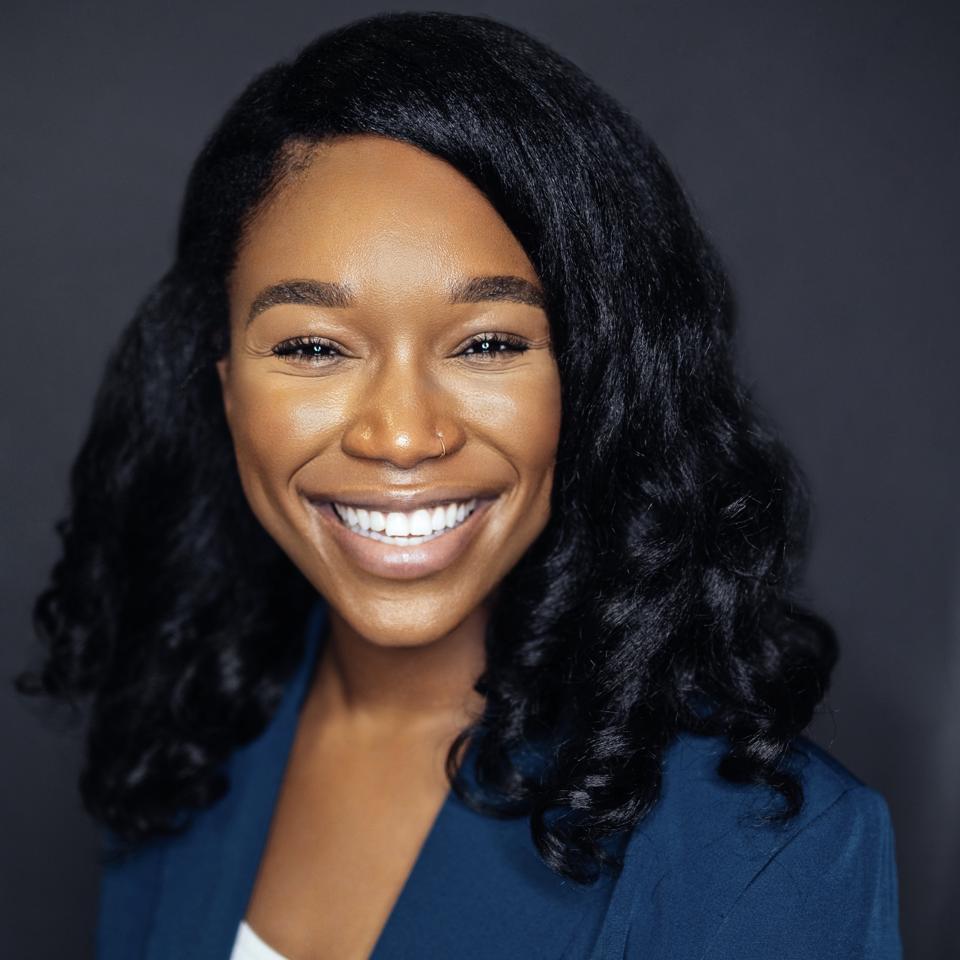
Osose Oboh, MPH, Internal Medicine
Courtesy of Osose Oboh, MPH
Specialty: Internal Medicine
Residency: Johns Hopkins
Osose Oboh, MPH recalls witnessing the care her mother received during two bouts of breast cancer in the United States compared to her father’s care for cancer in Nigeria. This opened her eyes to the complexities of medicine. In addition, she describes her heart for medicine and desire to be at the frontline of patient care growing as she volunteered throughout Los Angeles while in college at the University of California, Los Angeles and while pursuing her Masters in Public Health. These experiences coupled with her work as a professional photographer using photography to tell the story of marginalized people while traveling the world made her passions clear. Oboh recounts this discovery being a page turner. From graduating college with low self-esteem and an even lower GPA, to completing her Masters, a postbac program, and finally getting into medical school, she feels her steps were ordered.
“The pandemic solidified that I was in the right field,” Oboh shares. “I did not hesitate to continue surgery and ICU practices because I knew that all hands were needed if we were to make it through,” she further illuminates. As the National President of the Student National Medical Association (SNMA), Oboh was inspired to keep members encouraged and informed as students of color navigated both the pandemic and racial unrest. This experience confirmed for her a strong desire to lead and encourage within the field, which would enable her to pay it forward for the next generation of physicians of color.
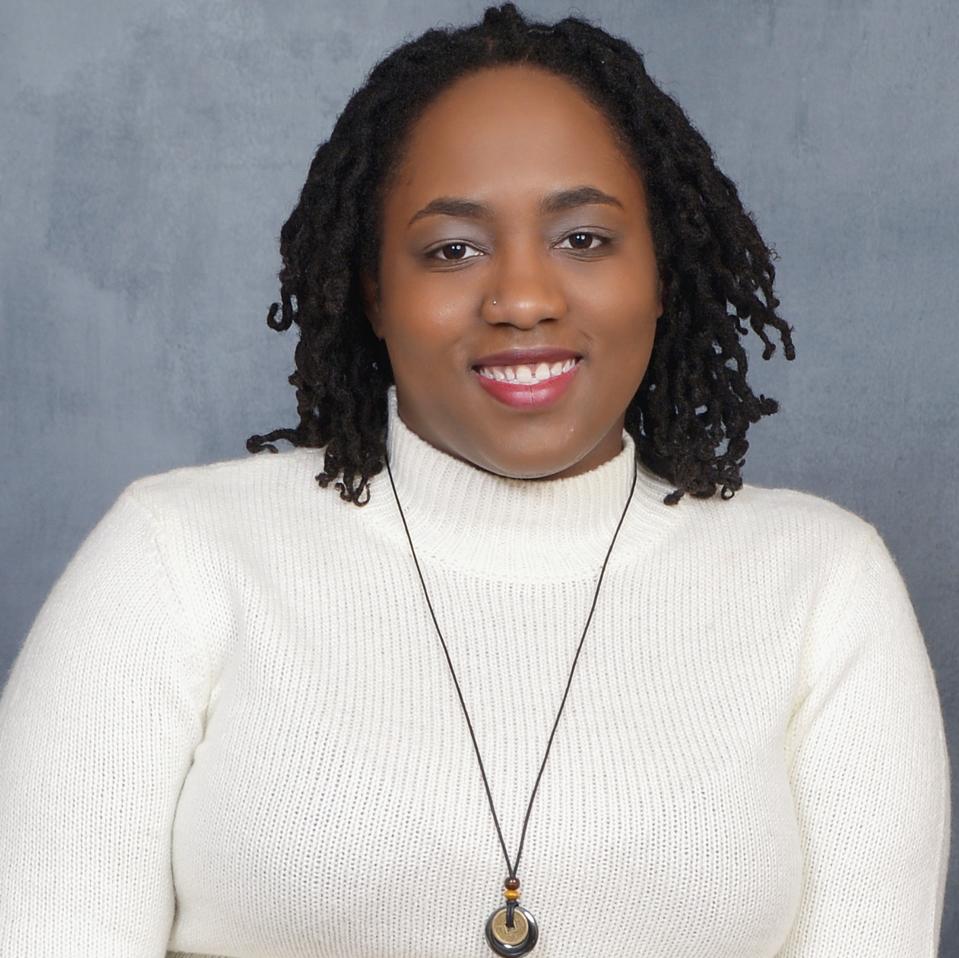
Leeanne Fagan, Emergency Medicine
Courtesy of Leeanne Fagan
Specialty: Emergency Medicine
Residency: Summa Health
Leeanne Fagan believes that “heart is developed in moments of adversity and vulnerability.” At one vulnerable point in her life, both she and her mother were homeless for almost two years due to an injury that left her mother unable to work. This experience motivated her to pursue a career in medicine and become a voice for the voiceless. Using the art of medicine that blends knowledge, communication skills, empathy, and compassion, she desires to provide the highest level of care for patients regardless of their socioeconomic status. She was also inspired to pursue a career in medicine due to her own experiences during the first year of medical school where she began to feel fatigued regularly, with occasional joint pains, and spending many days in a fog. After a few months of feeling progressively worse, she visited a physician and was diagnosed with Lupus. Fagan recalls the diagnosis putting her into a state of depression given the many ICU and hospital visits she had to make throughout medical school. However, she has found her journey attending Howard University Medical School has saved her.
In addition she shares that the pandemic has made her even more excited to enter her chosen field. “At times, the importance of the humanistic element and team effort in medicine is often secondary to knowledge and efficiency. However, the pandemic, through all the pain, has shown the importance of excellent communication, team, support, and compassion in addition to knowledge.” Fagan has found that this has united healthcare workers creating a better environment for practicing medicine and subsequently patient care.
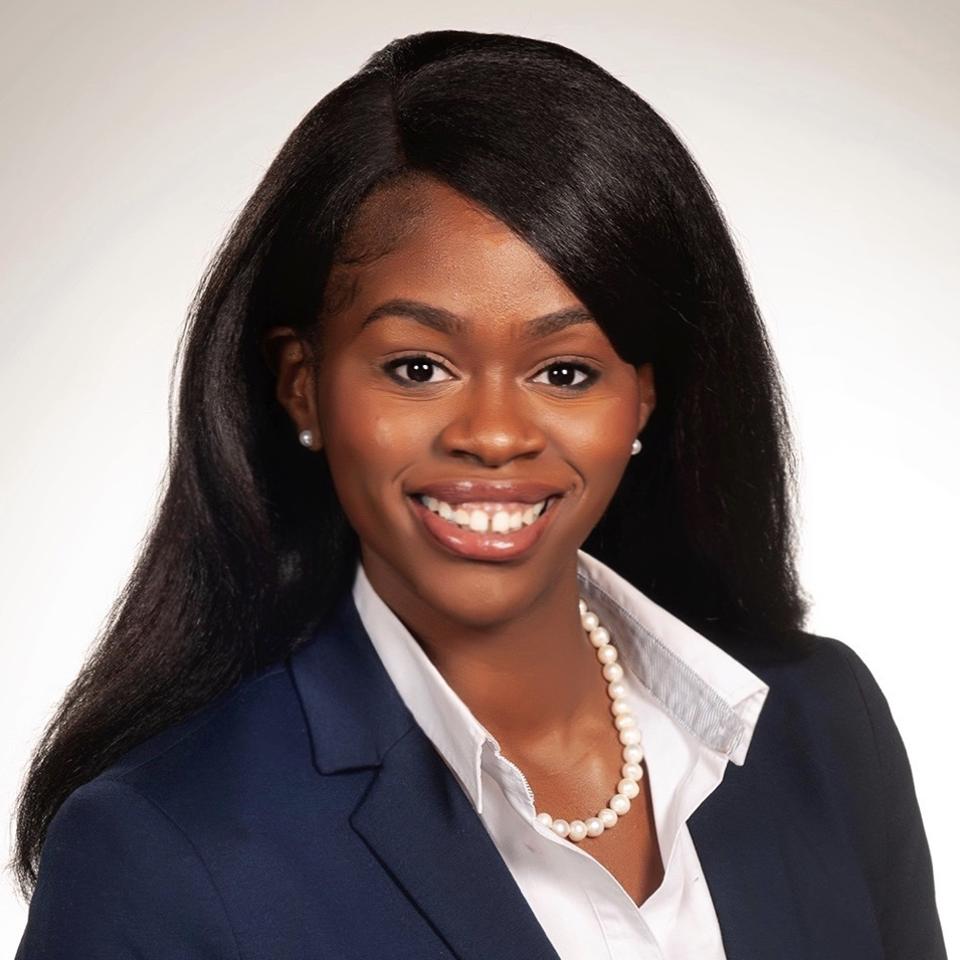
Janet Nwaukoni, Family Medicine
Courtesy of Janet Nwaukoni
Specialty: Family Medicine
Residency: Northwestern Lake Forest
Janet Nwaukoni expresses that while growing up in an area of New York City with limited access to healthcare, she witnessed loved ones die from preventable conditions. And although she did not have any family members who practiced medicine, she was empowered to pursue a career in the field and assist aspiring students. To date she has mentored students through organizations like the Student National Medical Association (SNMA). Nwaukoni has also work with the Black Doctors Covid Consortium to address disparities by providing virus testing and vaccinations in Philadelphia. While she has loved interacting with patients, working in the community, and building her clinical acumen, she describes at one time struggling with standardized testing when she took the MCAT. This later resurfaced while she prepared for her Board exams. “It took diligence, persistence, and self-reflection to succeed, all skills that translate in clinical practice,” she expresses.
Now that she is set to enter the field of medicine, Nwaukoni aims to truly understand the factors that impact the care of her patients. “Many patients are dealing with undiagnosed trauma, depression, and mental illness due to the pandemic so it will be essential to see how this affects their overall compliance and illness recovery,” Nwaukoni shares. From a research perspective, the pandemic has also helped her embark on addressing the importance of health disparities in clinical trials for studies including antibody testing and vaccinations.
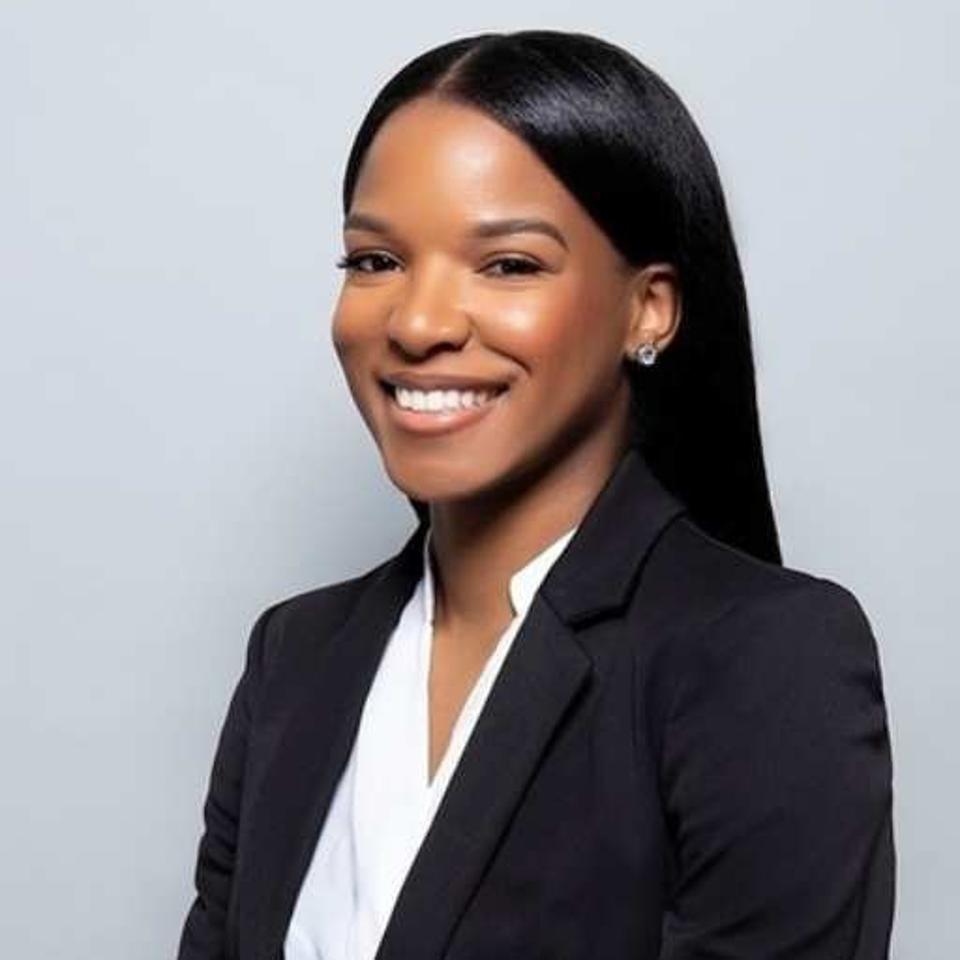
Malika Kelly, Anesthesia
Courtesy of Malika Kelly
Specialty: Anesthesia
Residency: Harvard’s Brigham and Women’s Hospital
Malika Kelly describes that as a first generation college student, she wanted to shift the paradigm of what a woman from a lower to middle class neighborhood looked like. While volunteering at hospitals, she realized that pursing a medical degree would allow her to become a leader and use critical thinking skills to contribute to her community. After witnessing how medicine saved her father who suffered from kidney failure secondary to lupus for many years, things came full circle for her. And since, she has taken an oath to help save lives.
After attending Morehouse School of Medicine —an institution that she describes as believing in equity and inclusion—Kelly has found that it has made her journey an enjoyable one, especially during what she calls “the trying times of 2020.” The faculty and staff at the school of medicine also cater to an underserved patient population, which has been a frequent reminder to her to support communities with fewer resources. This has enabled Kelly to remain motivated during her journey. However, at the beginning of the pandemic, she recalls being terrified to reenter the hospital and having to remind herself of her commitment to serve, which has enabled her to remain steadfast. “Many anesthesiologists help run ICUs across the nation, and with more knowledge about the virus and the availability of a vaccine, I feel more comfortable to tackle the issues at hand,” Kelly shares.
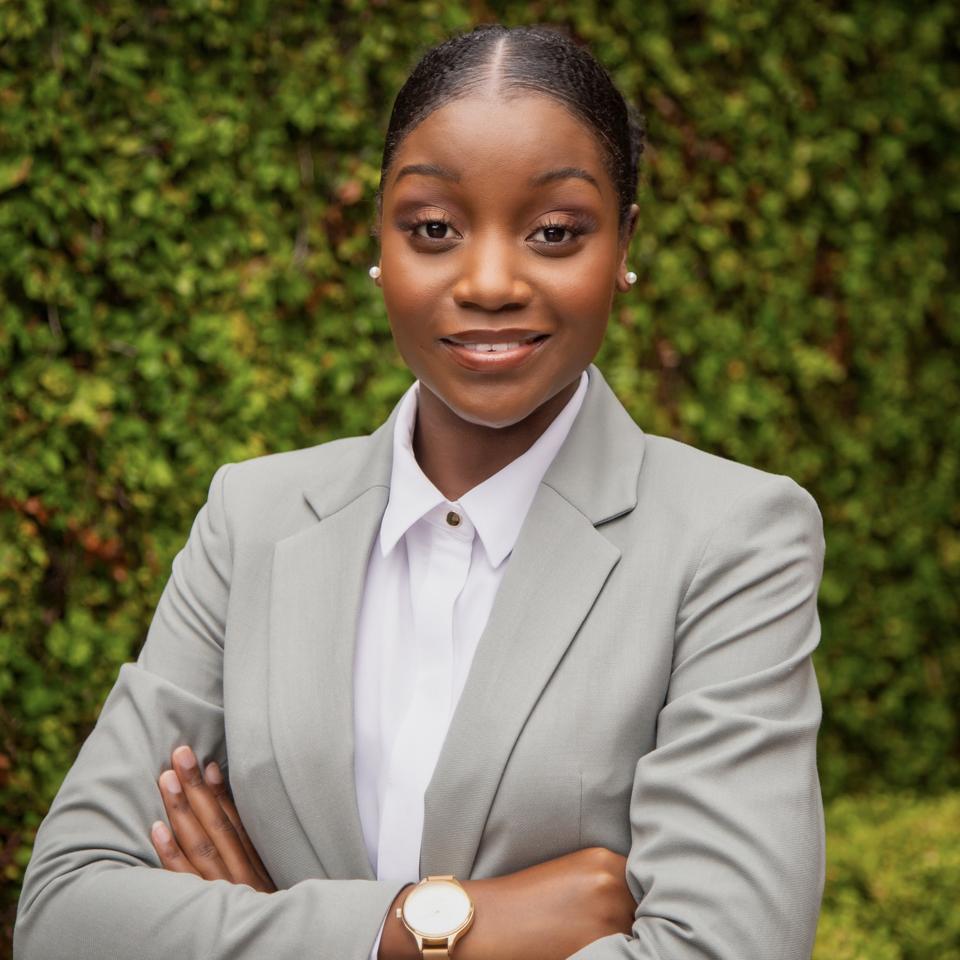
Rumbidzai Kapfumvuti, Internal Medicine
Courtesy of Rumbidzai Kapfumvuti
Specialty: Internal Medicine
Residency: Allegheny General Hospital
Rumbidzai Kapfumvuti describes that as someone who was born and raised in a third world country, she witnessed firsthand the devastating effects of a broken healthcare system during the HIV/AIDS pandemic. With her family heavily emphasizing community service, she learned to serve people from varying backgrounds. This passion later translated into medical mission trips and an organization she created for outreach to women and girls affected by HIV/AIDS in sub-saharan Africa. This journey, is one that Kapfumvuti recalls being the most difficult yet rewarding. Salient through out this journey for her has been the art of adaptation. Since coming to the United States at the age of twelve, there were many financial and mental challenges her family faced as as immigrants. With her parents having made difficult sacrifices & working hard to give both her and her siblings the best education, the difficult times fueled and motivated her to succeed. This has led Kapfumvuti to become a first generation physician.
Kapfumvuti believes: “the pandemic has been an eye opener showing me the important role I can play in medicine.” With Covid-19 highlighting the widening gap of healthcare disparities in the United States and globally, she is passionate about catering to underserved populations and providing equal healthcare access. Despite the difficulties and devastation that the pandemic has caused, Kapfumvuti is eager to play a part in inspiring change as a future physician.
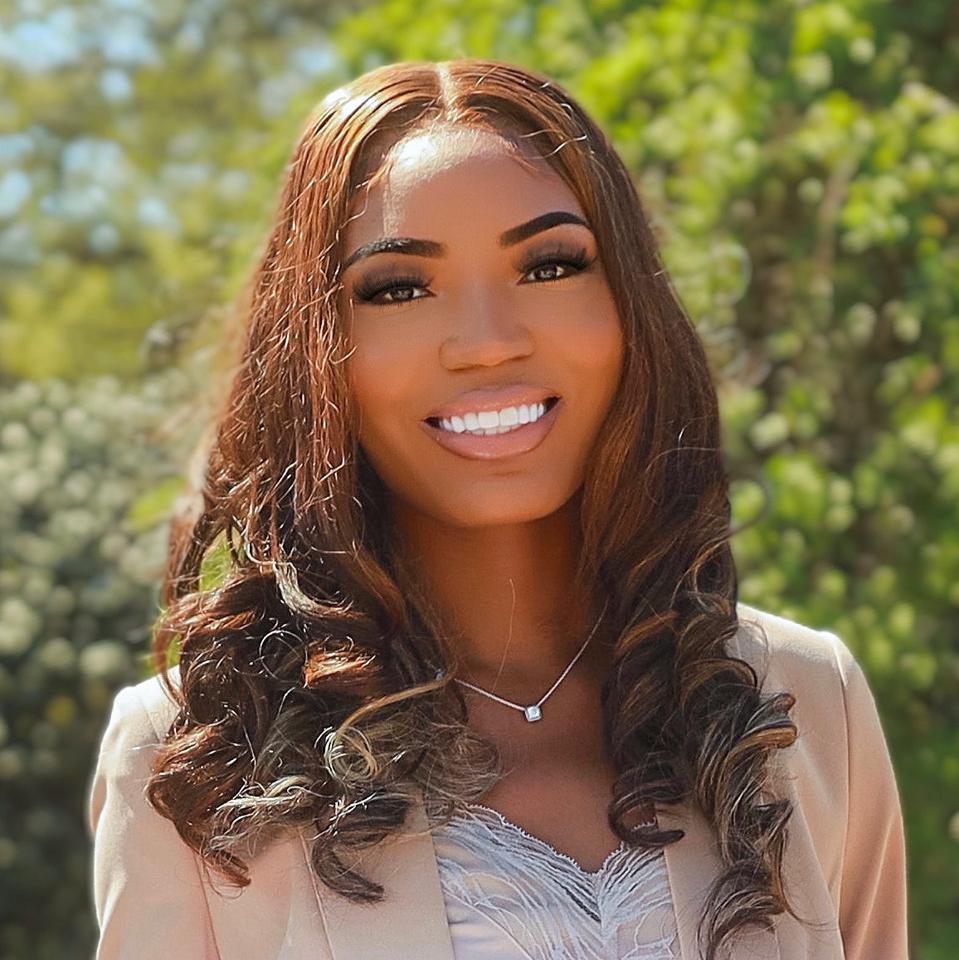
Tasia Isbell, Pediatrics
Courtesy of Tasia Isbell
Specialty: Pediatrics
Residency: Boston Children’s Hospital
Tasia Isbell recalls telling her mother at the mere age of seven that she would become a pediatrician. Eighteen years later she is living that very dream. Her interest in medicine began with a desire to help others and over the years has transformed into a passion for using her role as a physician to serve as an advocate for others. As a medical student, she has also used her passion for advocacy and social justice to found two chapters at her medical school, White Coats for Black Lives and Physicians for Human Rights. Additionally, as a Medical Doctor/Master of Public Health dual degree student she has used used her public health expertise to serve as an advocate for her patients.
Isbell aims to continue her passion for advocacy as a resident in the Urban Health and Advocacy Track at Boston Children’s Hospital. This track, which is designed to develop leaders in pediatrics, will enable her to fulfill her dream of a career dedicated to advocacy and health equity. The pandemic has fueled within her a stronger desire to become a change agent in medicine and has taught her the power of resilience and adaptability. Isbell describes being both excited and nervous to become a doctor in the middle of a pandemic. “Medical school hasn’t always been easy. During my third year, my father died and it taught me that while medicine is about helping others, you must also care for yourself. I have faith and confidence in my ability to find solutions, be flexible, and make a difference even in times of uncertainty,” she shares.
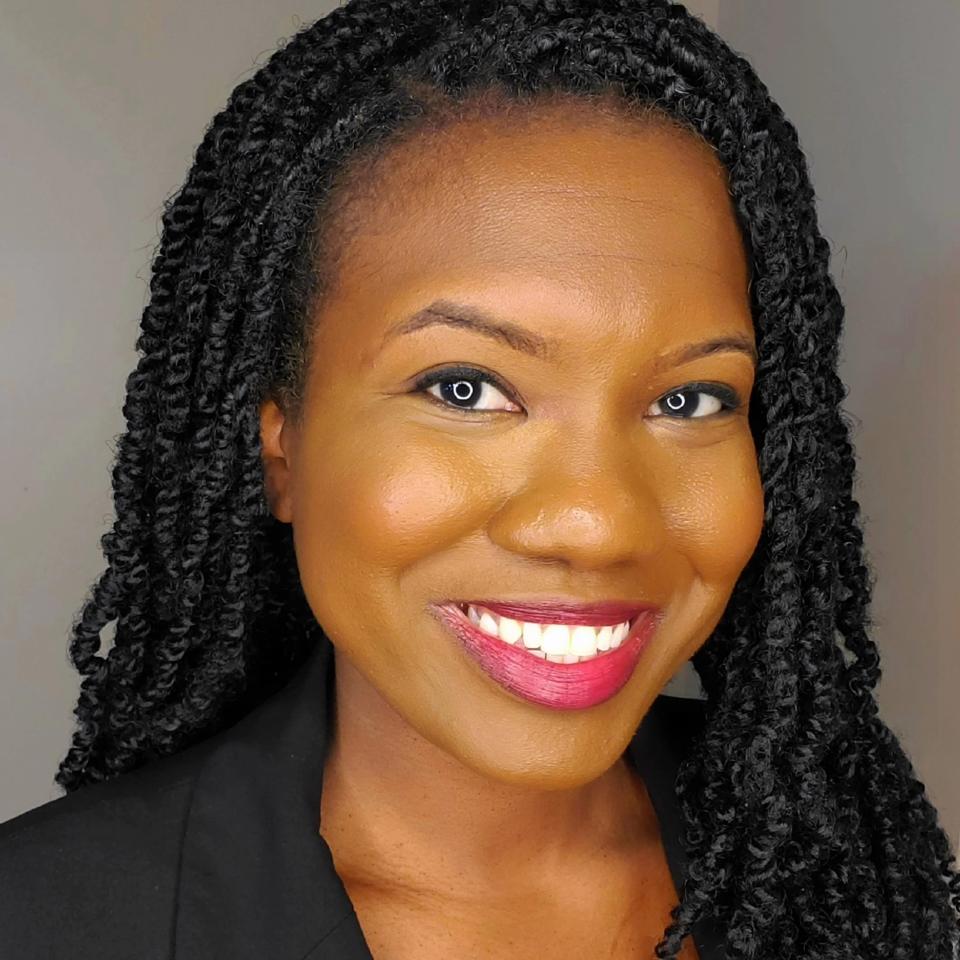
Danielle Ward, DO, MS, Plastic and Reconstructive Surgery
Courtesy of Danielle Ward, DO, MS
Specialty: Plastic and Reconstructive Surgery
Residency: Larkin Community Hospital
Danielle Ward, DO, MS recalls wanting to become a physician for as long as she can remember after witnessing the lack of representation in the field, which inspired her to push for it. As a single mother, former non-traditional student, and previously unmatched medical school graduate, she recalls being told she had no chance at success. It took her five years, three application cycles, a graduate degree, and a career in research before she was accepted to a medical school. After medical school, she became part of the large number of graduates who go unmatched every year, but she recalls feeling grateful to complete an intern year that allowed her to apply for her medical license and start work as an Urgent Care Physician.
Ward, DO, MS describes it being both challenging and rewarding to work as an Urgent Care Physician during the current pandemic. “As I enter residency in the field of Plastic and Reconstructive Surgery, the pandemic has made me more aware of the need to advocate for patients and recognize healthcare disparities in medicine. The importance of leadership during this pandemic has also made me aware that as a surgeon, my overall goal is to become a physician leader both in and out of the operating room,” she shares. In addition, to her experiences working as an Urgent Care Physician during the pandemic, publishing a book for premedical students and mentoring have fueled Ward’s work and shown her that all the hard work is starting to pay off.

Bathsheba Wariso, MD, Obstetrics and Gynecology
Courtesy of Bathsheba Wariso
Specialty: Obstetrics and Gynecology
Residency: MedStar Georgetown University Hospital
Bathsheba Wariso, MD describes being inspired to pursue a career in medicine due to watching her mother work for years as a nursing assistant caring for the elderly at her local convalescent home. Her mother taught her that compassion, dedication, and hard work can take you far, given her experiences after years of studying to become a nurse while also raising two children. “Because of her, I knew that anything is possible when you set your goals and never quit,” she shares. Wariso applied this principle to her journey through medicine, which she describes has been very non-traditional. Before attending medical school, she took a few gap years where she performed clinical research and worked as a model. After medical school, she took another gap year to earn her Masters in Public Health from Harvard T.H. Chan School of Public Health. While there, she also co-founded two international nonprofit organizations.
In her review of navigating the field during the pandemic she expresses it helping her gain an appreciation for the power of community. “So many of us rallied together to care for the needs of our neighbors, families, and loved ones during the pandemic. I am excited to contribute to a field that is continuing to advance the moral compass of our society,” Wariso expresses. She looks forward to contributing to providing equitable care, especially for the country’s most vulnerable populations.
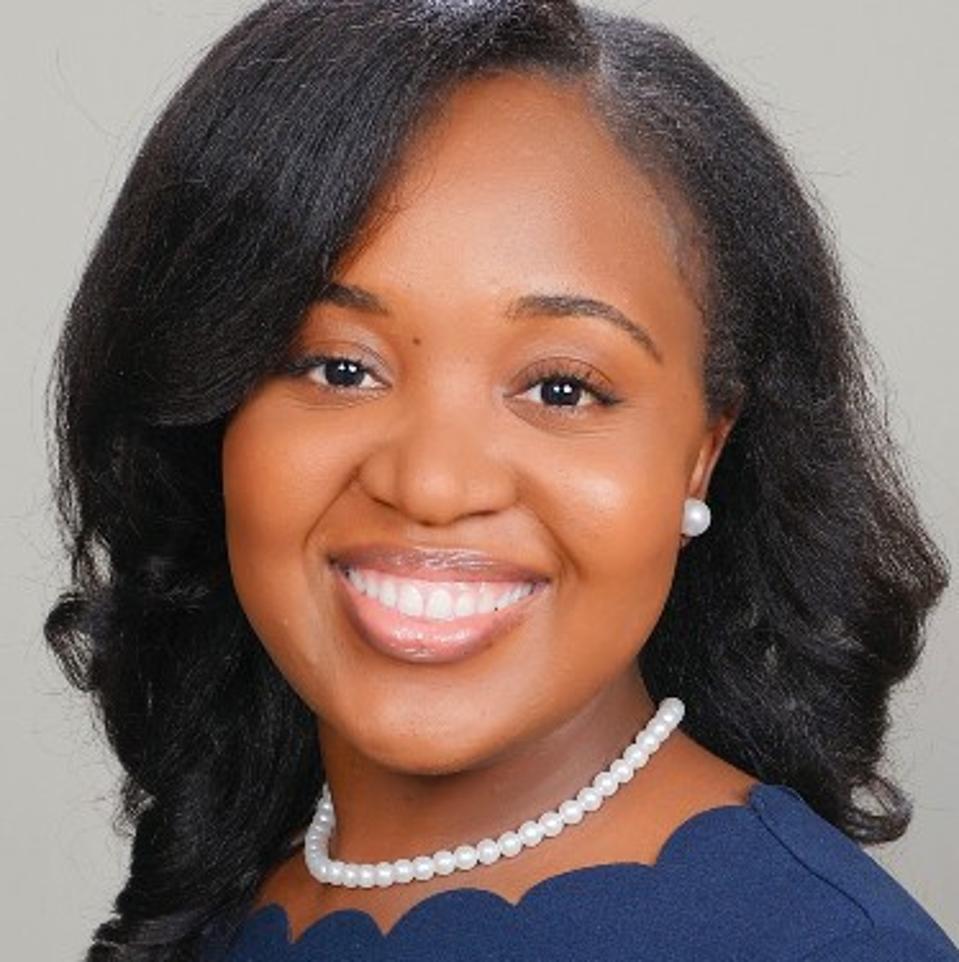
Cherna Cherfrere, Internal Medicine
Courtesy of Cherna Cherfrere
Specialty: Internal Medicine
Residency: University of Texas Southwestern Medical School- Dallas
Cherna Cherfrere was inspired to pursue a career in medicine after bearing witness to the struggles faced across her home country Haiti. “Simple items such as a first-aid kit that are readily accessible in the United States are a luxury in Haiti,” she shares. And since then, she has engaged in several mission trips to Haiti and Peru where she has volunteered in student-led free clinics. Cherfrere’s passion for serving internationally has fueled her desire to serve the underserved.
Although her journey has not been easy with her struggling to get into medical school, she recalls it being one of resilience, perseverance, and faith. After her fourth try at the MCAT, with only a five point increase, she decided to reapply and was accepted. Cherfrere recalls fuel from her family, friends, and faith keeping her going. And as news of the pandemic shook things up, it reiterated to her, her purpose for going into medicine: “to address health disparities on a local and international level.” Cherfrere shares that: “it is no secret that the Covid-19 pandemic has affected minority communities more so than others due to a combination of socioeconomic and environmental factors.” She hopes to be a part of the clinicians and researchers that support these communities in finding solutions that decrease the greater effects on populations at the margins of access.
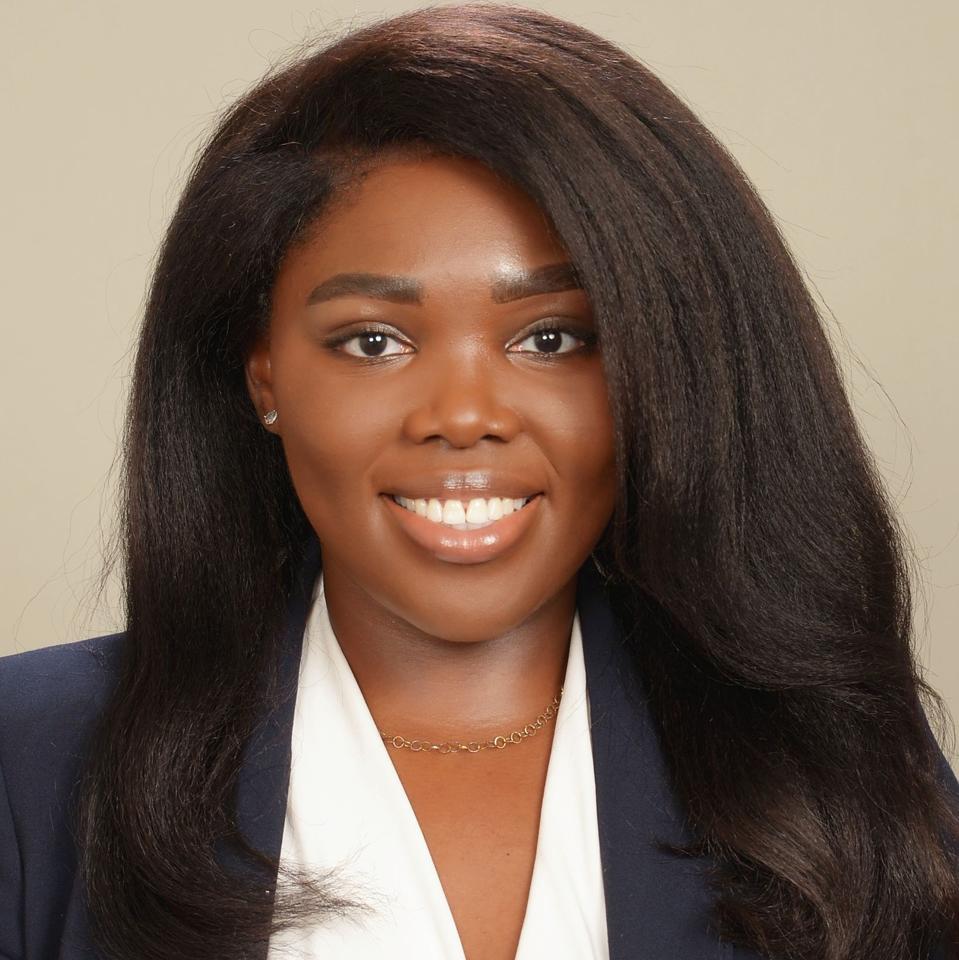
Tracey Akanbi, Obstetrics and Gynecology
Courtesy of Tracey Akanbi
Specialty: Obstetrics and Gynecology
Residency: Tufts University
Tracey Akanbi shares that after becoming a nurse, she never thought that medicine was the field for her. However, she took a chance and applied to a seven year Bachelor of Science/Medical Doctor program and the rest was history. She started in medicine with the thought that she would be the doctor that she never had growing up who ultimately fused the worlds of nursing and medicine together. “My clinical experiences as a nurse supporting underserved and underrepresented people gave me insight into the types of providers that are needed in many spaces,” Akanbi shares. However, her journey through the seven year program was not easy.
During the accelerated program, she failed Chemistry & Genetics, however, she recalls never letting those failures define her. Then she retook those classes, aced them and later following her second year in medical school she recalls failing Step 1. Akanbi then dropped out, later deciding to retake Step to prove that the test didn’t define her. She then passed during a year that she was a full time nurse and unpaid research coordinator. Fortunately, her paperwork for her leave was never processed and she was asked to come back. She then started her third year of medical school with a refreshed mindset and pushed through the program amid the pandemic. Akanbi shares that the pandemic has shown her the most disheartening parts of healthcare and she believes that although: “it might be hard, future contributions to medicine need to have the patients in mind. That means acknowledging the systematic oppression and the domino effect disparities and their solutions can have on many underserved populations.”




